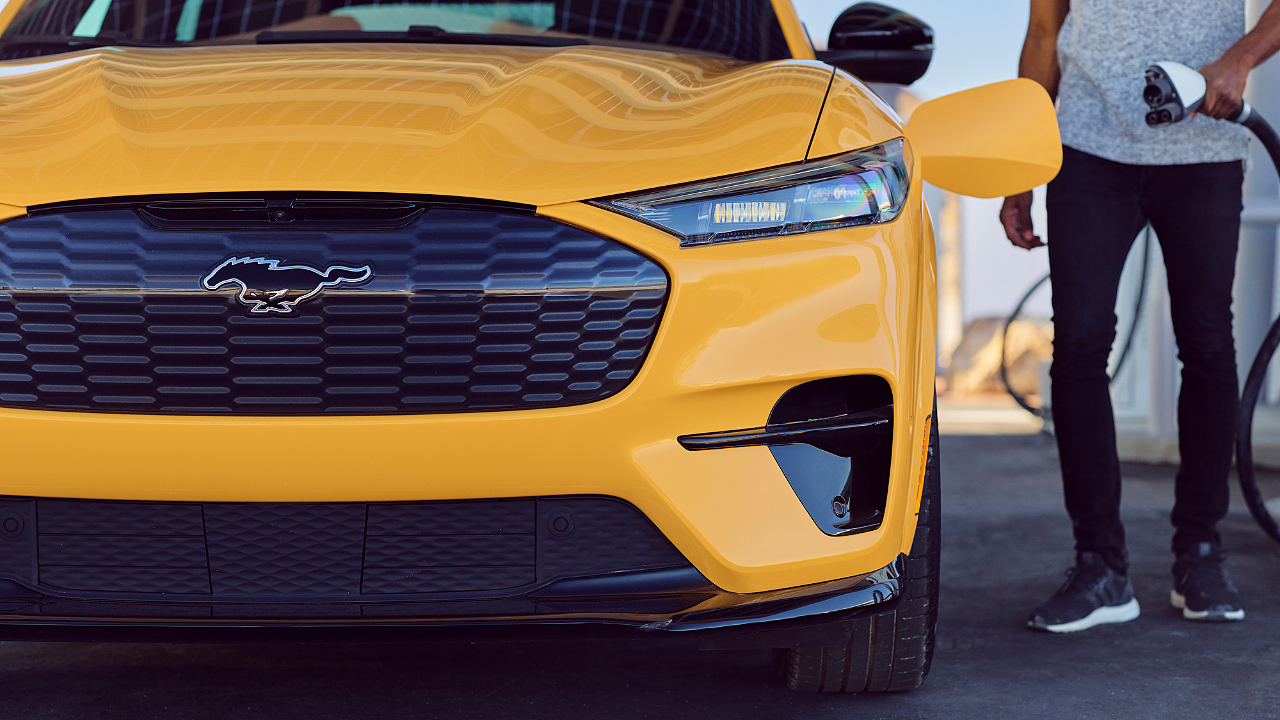
While the US automotive market has experienced growth this year in nearly every vehicle segment, no segment is growing more quickly and relentlessly than electrified vehicles, including pure electric vehicles (EVs), hybrids and plug-in hybrids.
According to Kelley Blue Book, the demand for new vehicles is up across the board as the US emerges from the depths of last year's pandemic-induced slowdown, and while inventory-shortage challenges and supply-chain struggles remain, the general public's interest in electrified vehicles continues to grow.
It is also, on account of many EV makers fielding new products, and therefore, consumers are increasingly eager to buy them.
According to an analysis of Q2 2021 data from Kelley Blue Book, sales of pure EVs surpassed 100,000 units in the quarter – a first – and hybrid sales were over 250,000 units.
Sales of electrified vehicles for Q2 climbed at a whopping 201.1% year-over-year, reaching beyond 375,000 total combined EVs and hybrids. Accordingly, electrified vehicles are capturing a higher market share as consumer demand expands. As a result, EV sales contributed 8.5% of total sales in Q2 of this calendar, up from 7.8% in Q1 (2021) and 4.2% in Q2 CY 20, the report said.
The impediment
Increasing gas prices is a significant impediment to the growth of ICE vehicles. According to AAA, gas prices have risen 40% from the beginning of the year. The research consistently shows that when gas prices soar, the demand for EVs increases.
The recent Cox Automotive 'quick poll' found that 30% of consumers indicated they would either be 'extremely likely or very likely' to consider an EV for their next purchase.
According to Kelley Blue Book's ongoing Brand Watch study, this 30% is phenomenally higher than usual, as the EV consideration usually hovers in the 5% to 7% range.
More EVs and hybrids are available today than ever before. For instance, consumers can't buy a new Toyota Sienna minivan without buying a hybrid, and hybrids now account for roughly 25% of Toyota's total volume. In addition, hybrid off-roaders like the Jeep Wrangler 4xe satisfy the needs of the outdoorsy crew, and luxury seekers will find more plug-in hybrid models available in increasing volumes.
EV sales are fuelled by new products like the Ford Mustang Mach-E and Volkswagen ID.4. While Telsa is still the dominant force in the EV market, its notable market share lead continues to erode even as sales increase. Tesla's Model Y remains the best-selling EV on the market – one in three EVs sold is a Model Y – but as the months and quarters pass, Tesla represents a smaller piece of the growing electrified vehicle pie. In Q2, Tesla's share of the EV segment in the United States stood at 64%, down from 71% in Q1 and 83% a year earlier.
Matt DeLorenzo of Kelley Blue Book said that while low inventory could impact the market's current trajectory, it's still safe to say that 2021 will be a record-setting year for electrified vehicles in the United States. Likewise, the year 2022 will beat 2021, he said. The electrified market is currently dominated by hybrids and plug-ins, but automakers future plans favor pure electric vehicles. The progress may be slow, but the path is set, he added.
Lea Malloy of Cox Automotive Mobility said battery-powered vehicles would be the dominant form of transportation in the future. The current trajectory is an important wake-up call for the industry. 'We all need to be doing more to prepare for a future with more electrified vehicles,' he added.
Courtesy: Kelley Blue Book. NB: Photo is representational; courtesy: Ford Mustang.